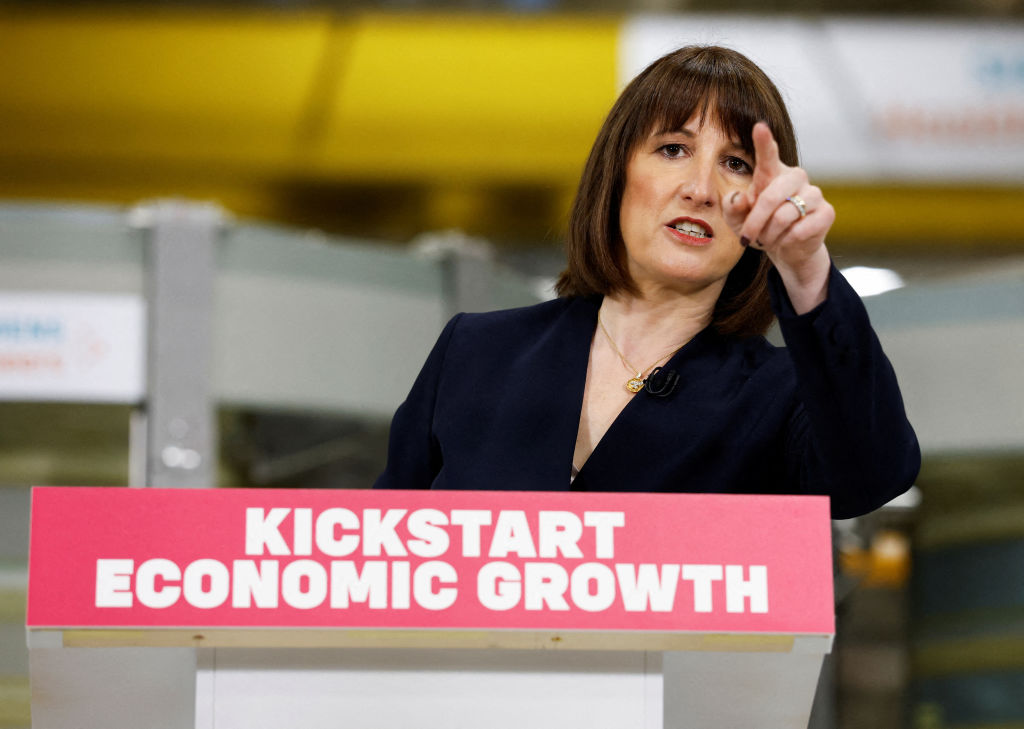George Orwell famously described Britain as “a family with the wrong members in control […] in which the young are generally thwarted and most of the power is in the hands of irresponsible uncles and bedridden aunts.” When it comes to Britain’s underutilised overseas territories, we can extend the analogy: Britain is like a cash-poor, asset-rich elderly woman who has somehow inherited a portfolio of scattered, high value properties she doesn’t know what to do with. Naive, unworldly, preoccupied with the global equivalent of donkey charities, Britain seems currently doomed to squander its underused inheritance. The overseas territories and their potential were notably absent from Chancellor Rachel Reeves’s growth speech today.
Donald Trump’s push to annex Greenland, which has left the Danish government reportedly “freaked out” and “in crisis mode” highlights a new era for Europe’s far-flung relics of empire. Those satellite territories can either be fully integrated into the motherland, as France has done with its overseas territories, or underutilised, risking the covetous eyes of neighbours newly emboldened by the dawning era of raw power and territorial aggrandisement. When the President, whose foreign policy vision has been aptly described as “the Monroe Doctrine and Mars” by the analyst Stephen Wertheim, demands territory from a loyal Nato ally like Denmark, there is really very little Denmark, Nato or the EU can do to stop him. With the ruthlessly acquisitive eye of a real estate developer, Trump has identified Greenland as a high-value, underutilised property ripe for hostile takeover and development. The Danes aren’t using it, therefore, in Trump’s eyes, they deserve to lose it.
Britain, which possesses plenty of underutilised Greenlands of its own, should take note. The Labour government’s desperate bid to give away the Chagos Island surely makes Britain’s continued possession of its other territories increasingly risky. With his real estate mogul’s eye, Trump has even talked up Gaza’s potential as a beachfront development opportunity, declaring that with “the weather, the water, the whole thing, the climate… it could be one of the best places in the world”. What would prevent Trump, who repeatedly declares his apparently serious desire to annex Canada and the Panama Canal as well as Greenland, turning his attention to the infinitely more attractive British Virgin Islands, Bermuda, Anguilla, the Turks and Caicos or Cayman Islands? They are, of course, only a short hop from his Florida palace.
The tech entrepreneur Dryden Brown, an ally of Elon Musk, Peter Thiel, and America’s new Trump-aligned tech oligarchy, views Greenland as a new American wilderness to be exploited. He calls it “an economically underutilised […] rare reopening of a frontier, which will coalesce true pioneers.” In his mind, it would include the construction of a futuristic network city in its frozen wastes serving as a real-world testing ground to “prototype terraforming solutions to improve extreme, harsh conditions, potentially to be used off-world”. It is a vision of glittering cities, geodesic domes and nuclear-powered data centres analogous to, and directly influenced by, Anglofuturism. Indeed, Brown has been quoted by the Anglofuturist writer Tom Ough as offering to build geodesic domes to develop the British Antarctic Territory as an oil and mineral-rich development zone, in what Ough claims may be “the best place in the world for certain forms of industrial activity”. Ough calls it “a source of tremendous wealth” whose development “would allow us to claim the bonanza that could rescue us from our national decline”.
Much the same could be said of Britain’s most obvious underutilised Greenland parallel, the Falkland Islands and South Georgia, currently used only as a location for sheep rearing and diplomatic headaches. Sitting on a vast and never-used oil field, the Falkland Islands hold the potential to subsidise mainland Britain’s infrastructural development, a second chance at national prosperity granted as if by a benevolent God, following Margaret Thatcher’s frittering way of the North Sea oil bounty. But more than this, the Falklands’ vast panoramas of windswept hillsides and moorlands present a seductive vision, to young Britons stifled by the motherland’s repressive senescence, of a second highland Britain overseas, empty and ripe for adventurous development.
The British state makes its overseas territories intentionally hard for mainland Britons to emigrate to, keeping them underdeveloped and at risk of foreign annexation, the precise opposite to France’s model of integrating them tightly with the metropole. Westminster may be run by timid “bedridden aunts” but the UK still possesses untamed frontiers of its own, whose development can make the motherland prosperous once again. Cash poor but asset rich, Britain sits on an enviable property portfolio idly waiting to be used. If we don’t, others surely will.











Join the discussion
Join like minded readers that support our journalism by becoming a paid subscriber
To join the discussion in the comments, become a paid subscriber.
Join like minded readers that support our journalism, read unlimited articles and enjoy other subscriber-only benefits.
Subscribe